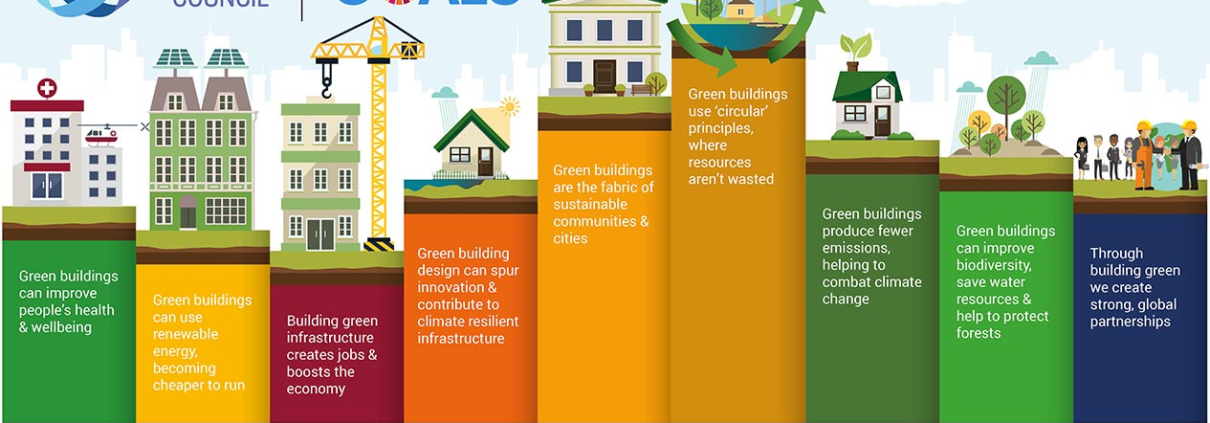The BC Energy Step Code could deliver up to 1,700 jobs
as local manufacturing & construction industries pivot towards sustainability
March 7, 2019 – Vancouver, B.C.– Today, the Vancouver Economic Commission (VEC) launched the Green Building Market Forecast, a report quantifying the potential economic impact of the BC Energy Step Code (ESC) in Metro Vancouver. The study identified a $3.3 billion market opportunity resulting from materials and manufacturing for newly constructed buildings to meet the energy requirements of the ESC between 2019–2032.
“Climate change is the most pressing issue facing the world today, and ambitious policies create huge new market opportunities,” says VEC CEO Catherine Warren. “With our engineering and construction know-how, the Vancouver region is ideally positioned to develop its local manufacturing sector to serve the green building industry.” The global market for green building products is estimated to rise as high as $350 billion a year by 2020.
The economic impact of the ESC includes the potential to create 925 well-paying, sustainable manufacturing jobs throughout B.C., and at least 770 ongoing installation jobs in Metro Vancouver. The report also states that B.C. and Vancouver businesses should act now to take advantage of markets with similar climates and advanced green building codes, including those in the Cascadia megaregion, and throughout North America.
The ESC provides a predictable pathway for market transformation towards net-zero energy ready buildings. The steps were developed over two years through a consensus-building process, supported by energy modelling and analysis. The VEC built on this analysis to forecast the market demand for building products and technologies. The resulting report was tool was developed in consultation with a wide range of real estate and construction industry experts, with modelling provided by Delphi Group and funding from Discovery Foundation and BC Housing.
VEC’s report is critical reading for anyone in the construction, development or manufacturing industries looking to understand and take advantage of upcoming trends in B.C.’s building sector. In it you will find concrete data and analysis to help manufacturers and suppliers transition knowledge, equipment and investments and take advantage of growing demand for building products. Improving B.C.’s capabilities in this way will also improve access to – and affordability of – high performance products by creating more resilient and efficient local supply chains and reducing transportation costs.
VEC projects that demand for low-performance products – especially windows – evaporates after 2022. Manufacturers and suppliers must be aware of these significant market changes as soon as possible to grow business locally and capitalize on global trade. Conversely, demand for high performance systems will increase, including mechanical equipment such as heat pumps and heat recovery ventilators.
Content curated from: vancouvereconomic.com




